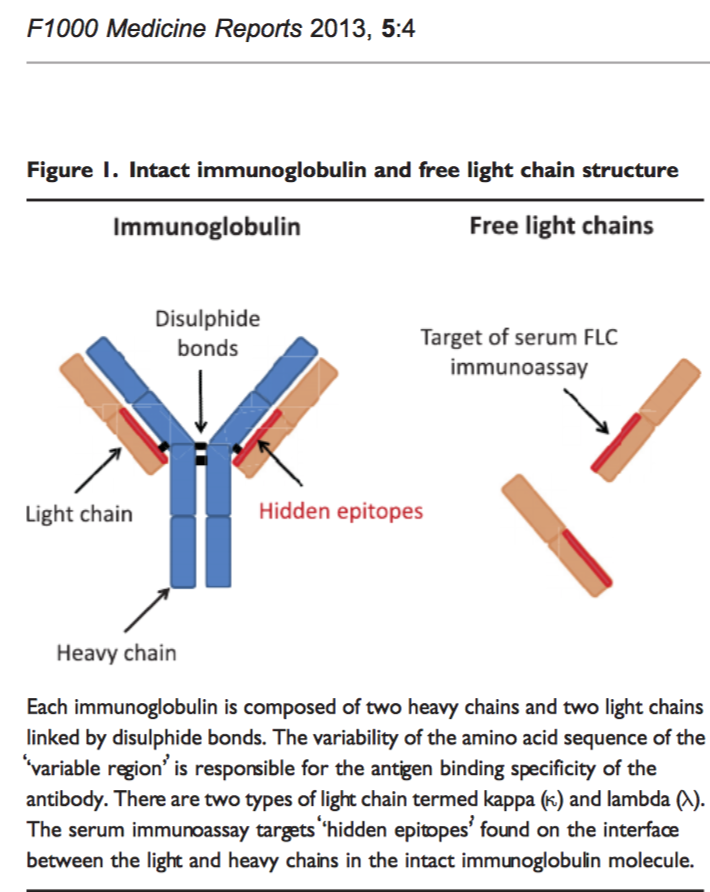
🎄tweetorial
Is MGUS more common in patients with osteoporosis? Do patients with MGUS have lower bone density? Should patients with osteoporosis be screened for MGUS? Or patients with MGUS screened for osteoporosis? What does the data (and guidelines) say?
🧵
#mmsm #medtwitter
Is MGUS more common in patients with osteoporosis? Do patients with MGUS have lower bone density? Should patients with osteoporosis be screened for MGUS? Or patients with MGUS screened for osteoporosis? What does the data (and guidelines) say?
🧵
#mmsm #medtwitter
We know from work done by the gurus of myeloma- that fractures are more common in patients with mgus than general population
But are fractures because of decreased done density or existing osteoporosis? We didn’t know.
pubmed.ncbi.nlm.nih.gov/14753733/
But are fractures because of decreased done density or existing osteoporosis? We didn’t know.
pubmed.ncbi.nlm.nih.gov/14753733/

More work from the Mayo Group did also show that patients with MGUS had a slightly higher risk of osteoporosis, but you can see- the RR was 1.2 with 95% CI of 1.0-1.4.
pubmed.ncbi.nlm.nih.gov/19648385/
pubmed.ncbi.nlm.nih.gov/19648385/

Further population based data from Sweden ALSO demonstrated a higher risk of fractures in patients with MGUS.
ncbi.nlm.nih.gov/pmc/articles/P…
But again- was this due to decreased bone density? What were the mechanisms?
ncbi.nlm.nih.gov/pmc/articles/P…
But again- was this due to decreased bone density? What were the mechanisms?

Then came along a large population based cohort study from Iceland!
5764 people- amongst which 575 individuals had MGUS, 275 individuals had LC-MGUS!
Essentially men with MGUS had increased fracture risk, women didnt- but people with MGUS did NOT have decreased bone density

5764 people- amongst which 575 individuals had MGUS, 275 individuals had LC-MGUS!
Essentially men with MGUS had increased fracture risk, women didnt- but people with MGUS did NOT have decreased bone density


So what did we learn?
- MGUS does increase risk of fractures (for men!)
- The mechanism is DISTINCT from osteoporosis/reduced bone density
- There really isn’t any compelling evidence to screen MGUS patients for osteoporosis (beyond usual screening indications).
- MGUS does increase risk of fractures (for men!)
- The mechanism is DISTINCT from osteoporosis/reduced bone density
- There really isn’t any compelling evidence to screen MGUS patients for osteoporosis (beyond usual screening indications).
Guidelines?
The IMW Guidelines in 2013 (see left) did say that MGUS patients be considered for screening for osteoporosis.
ncbi.nlm.nih.gov/pmc/articles/P…
The newer IMW guidelines (on right) were less direct- follow general osteoporosis guidelines
bit.ly/3FuRQZ8

The IMW Guidelines in 2013 (see left) did say that MGUS patients be considered for screening for osteoporosis.
ncbi.nlm.nih.gov/pmc/articles/P…
The newer IMW guidelines (on right) were less direct- follow general osteoporosis guidelines
bit.ly/3FuRQZ8


Okay- but what about the other way round?
Do patients with osteoporosis have a higher risk of plasma cell disorders compared to general population?
Do patients with osteoporosis have a higher risk of plasma cell disorders compared to general population?
799 patients from single center (median age 61)- an incidence of MGUS of 4.9% in peoples without osteoporosis and 2.2% in people with osteoporosis. 

Caveats- number relatively small.
Light chains and urine testing not done. We know from other studies that prevalence of MGUS is higher than 2.2% in this age grp regardless of osteoporosis ( table below)
Light chains and urine testing not done. We know from other studies that prevalence of MGUS is higher than 2.2% in this age grp regardless of osteoporosis ( table below)

Indeed, from #ASH21 we know that MGUS prevalence is even higher! 



Other studies have looked at prevalence of MGUS, but mostly they have been in populations presenting after fractures (not all osteoporosis pts), such as this one: 13% mgus in 799 patients presenting with fracture. 

So what are we to make of this data?
- in people with fractures, especially unexplained- myeloma can be an etiology and is worth a consideration
- But for someone with osteoporosis (no prior fractures) diagnosed with screening with a DEXA scan, is it worth screening for myeloma?
- in people with fractures, especially unexplained- myeloma can be an etiology and is worth a consideration
- But for someone with osteoporosis (no prior fractures) diagnosed with screening with a DEXA scan, is it worth screening for myeloma?
- Furthermore, given what we do know (courtesy 🇮🇸) about how mgus doesn’t really decrease bone density (despite increased risk of fracture), can we really even attribute mgus as a cause for decreased bone density when it is found in patients with osteoporosis?
I may have left you with more Q than A. But it is worthwhile to think of the downstream implications of SPEP testing for all patients with osteoporosis, and whether any MGUS found is purely a coincidence (likely) or causative of lower bone density!
We know that MGUS predisposes to fractures (especially in men)- and further work is needed (and is ongoing) to elucidate why. Would pharmacological intervention work to decrease risk, if there is no co-existing bone density loss?? More data needed.
This tweetorial has been inspired by several patient visits in which patients experienced a lot of distress over the "cancer" they thought they had as a result of SPEP being checked after osteoporosis found via DEXA screening (until they saw me in clinic)😢
Thanks for reading thru the end! (Sorry it was so long!)
Small error here- 4.9% MGUS in people with osteo, and 2.2% MGUS in people without. Hopefully you get the point!
• • •
Missing some Tweet in this thread? You can try to
force a refresh







